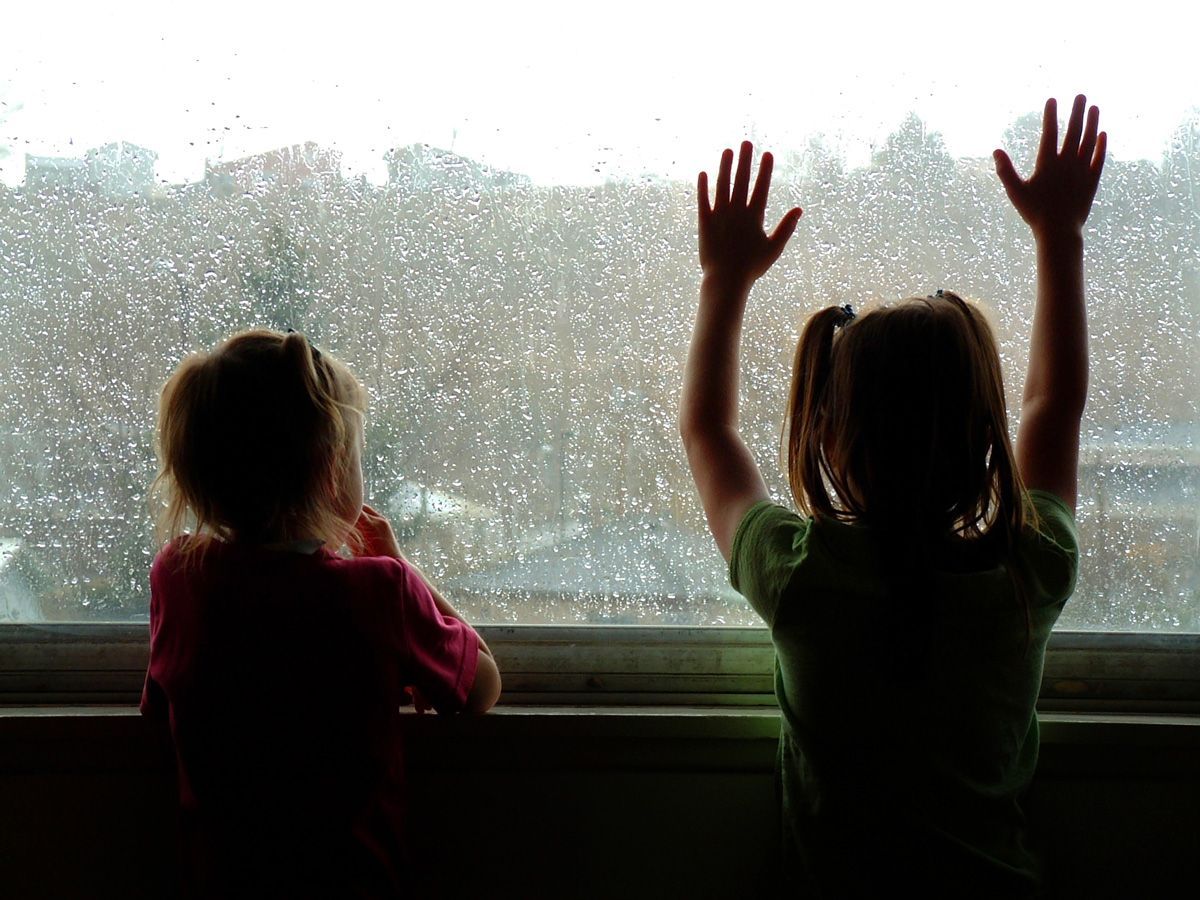Fun Indiana Getaways for Long Weekends: Best Family-Friendly Destinations
Sometimes you don’t need to travel far to feel like you’ve had a real vacation. Indiana is filled with destinations that are perfect for a long weekend getaway. Whether you’re looking for outdoor adventures, small-town charm, or family fun, these spots make it easy to unplug, reconnect, and make memories together.
1. Brown County – Nature and Small-Town Charm
Known as the “Little Smokies” of Indiana, Brown County is a favorite for families who love both the outdoors and a cozy small-town feel. Spend your days hiking or biking in Brown County State Park, and your evenings strolling through Nashville’s shops, galleries, and ice cream parlors.
Family Tip: Bring bikes or rent them for the scenic trails—great for older kids.
2. Indiana Dunes – A Beach Getaway Close to Home
If you want the feel of a beach vacation without leaving the state, the Indiana Dunes on Lake Michigan are hard to beat. Swim, build sandcastles, and climb the dunes for incredible views.
Family Tip: Plan to arrive early on holiday weekends—the beach can fill up quickly!
3. French Lick & West Baden – History and Family Fun
These historic resort towns are known for their beautiful hotels, but they also offer family-friendly attractions like the French Lick Scenic Railway, an indoor water park, horseback riding, and mini golf. Parents can enjoy the spa while kids dive into adventure.
Family Tip: Check the railway schedule for themed rides that kids love.
4. Turkey Run State Park – Hiking and Adventure
Turkey Run is one of Indiana’s best-known state parks, and for good reason. Its rugged trails, sandstone gorges, and suspension bridge make it a destination worth the trip. Canoeing and horseback riding are also available nearby, making it a full weekend of fun.
Family Tip: Trail 3 is a favorite for adventurous families—it’s challenging but unforgettable.
5. South Bend & Notre Dame – A Mix of Sports and Culture
Take a trip to South Bend for a long weekend of exploring. Visit the Studebaker National Museum, check out the Potawatomi Zoo, and take a family walk around the beautiful Notre Dame campus.
Family Tip: Catch a Fighting Irish football game if your trip lines up with the season—it’s an unforgettable atmosphere.
6. Patoka Lake – Water Fun for the Whole Family
For a slower-paced, nature-centered weekend, head to Patoka Lake. Families can camp, rent cabins, or even book a floating cabin on the water. Activities include fishing, boating, hiking, and wildlife watching.
Family Tip: Look for eagle-watching tours for a unique experience.
7. Indianapolis – Big City Adventure in the Heart of the State
For families that prefer variety, Indianapolis has it all. Visit the Children’s Museum, explore the Indianapolis Zoo, walk along the canal, or take in a sporting event. There’s plenty to fill a long weekend without leaving the city.
Family Tip: The canal walk is perfect for renting pedal boats or bikes.
Final Thoughts
Long weekends don’t have to mean long drives. Indiana offers a wide variety of getaways that combine relaxation, adventure, and family connection. Whether you prefer hiking in the woods, playing at the beach, or exploring city attractions, you can find the perfect balance of fun and downtime—without ever crossing state lines.
This post was written by Chelle Hendershot, who is a dedicated Mediator, Guardian ad Litem, and Parenting Coordinator at Hope For Our Future, LLC, with a passion for helping individuals and families navigate through life's most challenging moments. This post is not intended to be legal advice and is for marketing purposes only.


